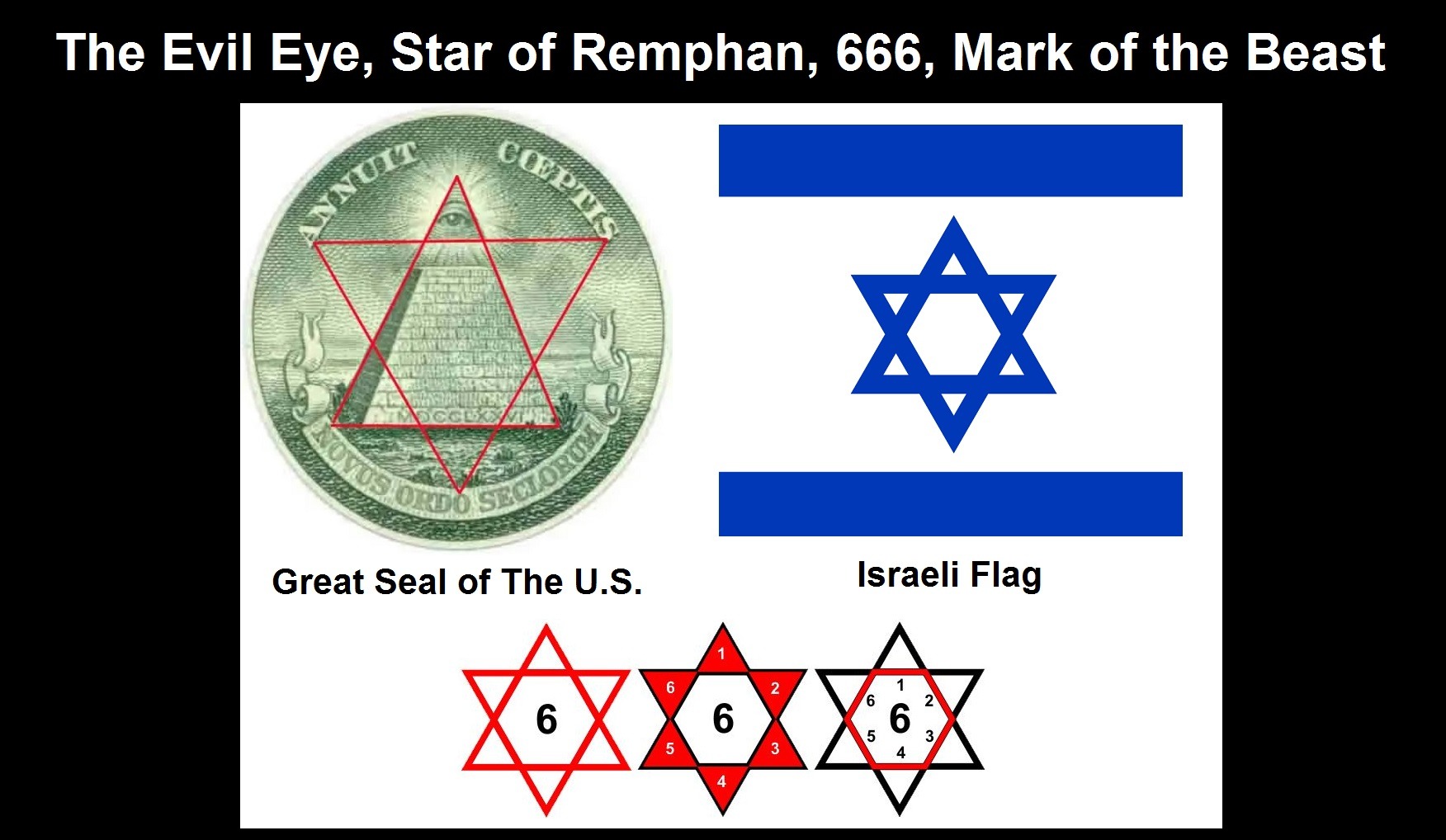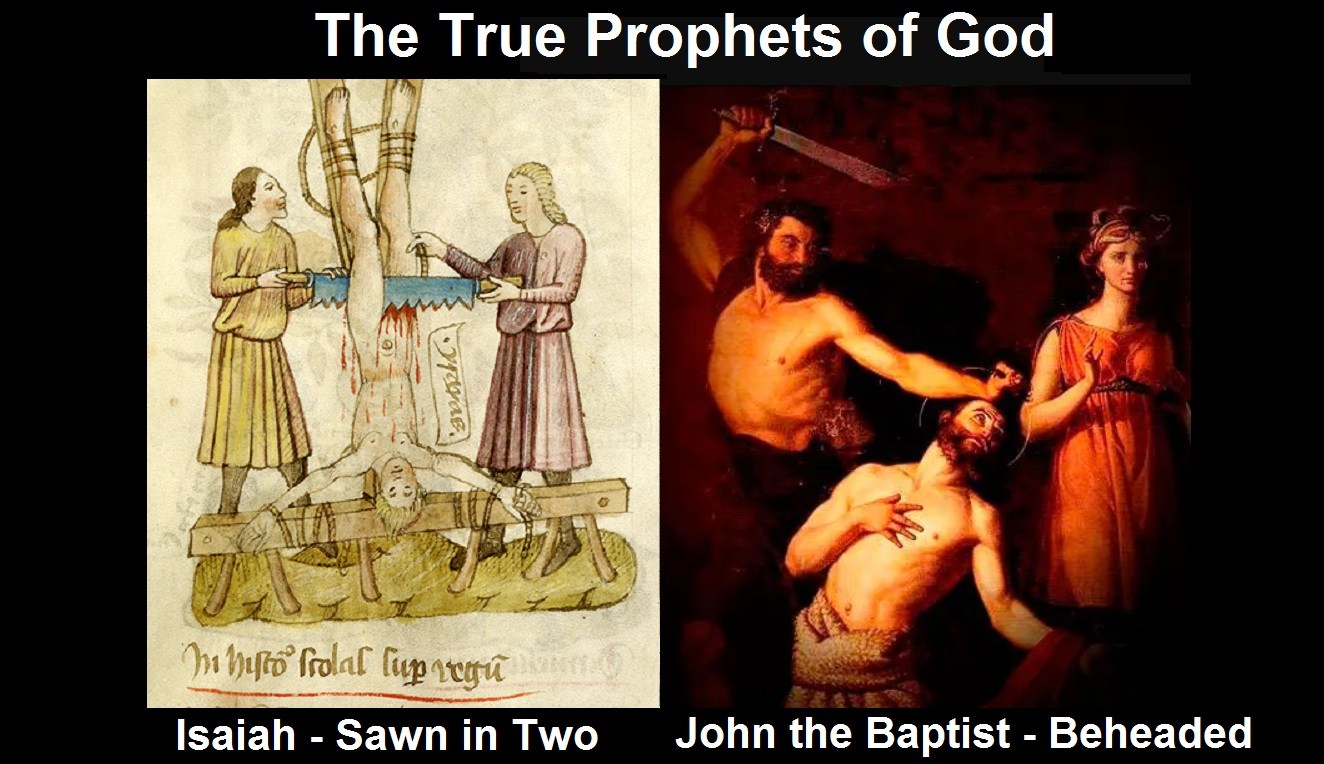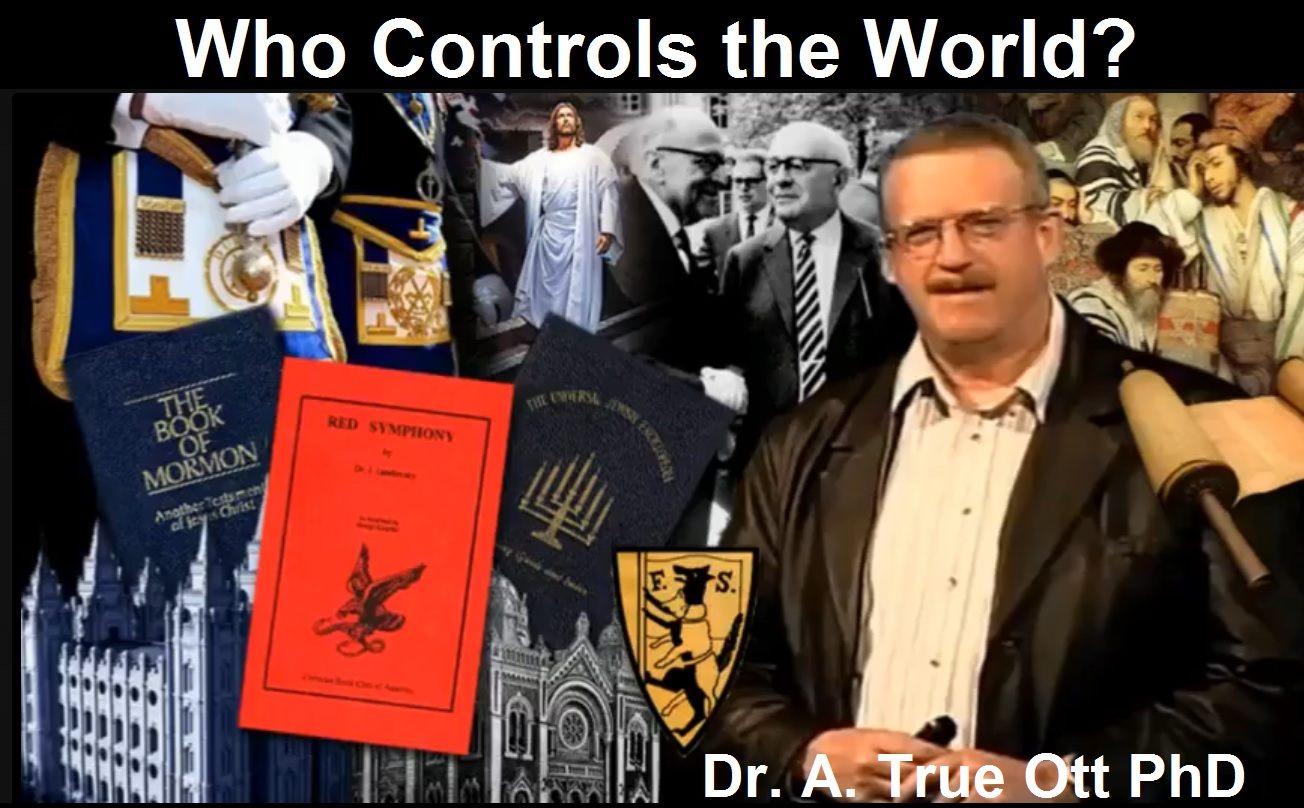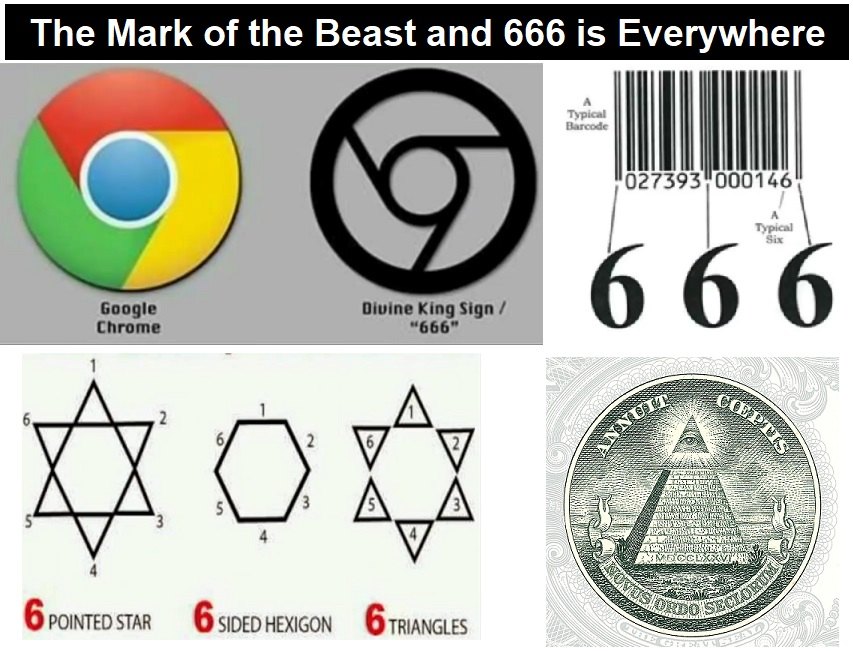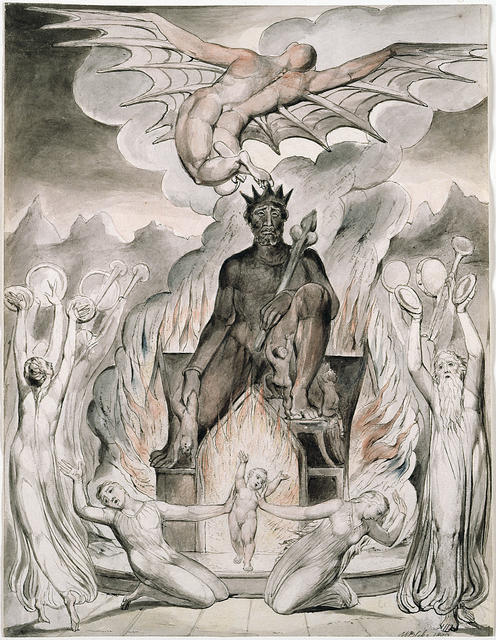- Health Impact News
- Hits: 0
Jesus Knows Your Sorrow and Trouble

by Brian Shilhavy
Do you find yourself all alone today, rejected by family and friends, living a life full of sorrow and troubles, because you have counted the cost of what it means to follow the Truth, and have stuck to the straight and narrow path and rejected the things that this world regards as valuable?
Do you have enemies, perhaps members of your family, who continually criticize and attack you, because your decision to follow Christ and not participate in things that they do, infuriates them?
That description definitely fits my life, and it is a constant struggle to not feel depressed and sad.
What has helped me is to understand my deep sorrow and constant troubles is to look at other members of society who are suffering much worse than me, castoffs of society, such as those who are in prison, or living on the streets, and are more alone and suffering far more than I am.
In fact, the one person in history who probably lost the most and suffered the most, in ways that no other human being in history ever has, is Jesus Christ himself.
At the end of Jesus’s physical life, we have records in the New Testament gospel accounts of his final hours, just before he was arrested in a place called “the Garden of Gethsemane” near the city of Jerusalem.
Here is what Matthew wrote about those last hours of Jesus’s life.
Then Jesus went with them to a place called Gethsemane, and he said to his disciples,
“Sit here, while I go over there and pray.”
And taking with him Peter and the two sons of Zebedee, he began to be sorrowful and troubled. Then he said to them,
“My soul is very sorrowful, even to death; remain here, and watch with me.”
And going a little farther he fell on his face and prayed, saying,
“My Father, if it be possible, let this cup pass from me; nevertheless, not as I will, but as you will.”
And he came to the disciples and found them sleeping. And he said to Peter,
“So, could you not watch with me one hour? Watch and pray that you may not enter into temptation. The spirit indeed is willing, but the flesh is weak.”
Again, for the second time, he went away and prayed,
“My Father, if this cannot pass unless I drink it, your will be done.”
And again he came and found them sleeping, for their eyes were heavy.
So, leaving them again, he went away and prayed for the third time, saying the same words again. (Matthew 26:36-44)
The words in English that I highlighted in red are translated from the Greek words, of which there are three different ones used here, that show his extreme sadness and depression.
λυπέω – lupeō – to make sorrowful, to affect with sadness, cause grief, to throw into sorrow
ἀδημονέω – adēmoneō – to be troubled, great distress or anguish, depressed
περίλυπος – perilupos – very sad, exceedingly sorrowful, overcome with sorrow so much as to cause one’s death
In Luke’s gospel account of this event, he adds:
An angel from heaven appeared to him and strengthened him. And being in anguish, he prayed more earnestly, and his sweat was like drops of blood falling to the ground. (Luke 22:43-44)
Jesus was in bad shape emotionally. He was extremely depressed, and he was doing the only thing he knew how to do to relieve his stress: Pray to his Father in heaven to rescue him from this desperate situation.
In the days before this event, Jesus had made a grand entrance into the city of Jerusalem, where the crowds cheered and welcomed him, as they believed he was the new King of Israel, from the line of David.
He had the crowds on his side, as he basically occupied the Temple, and began to teach the people right inside the Temple.
But he knew that there was a plan in place for his life, and that plan required that he be executed by the Jews, as a sacrifice for the sins of humanity, and to fulfill and complete the requirements of the Old Covenant, the Law of Moses.
A few hours before this event in the Garden of Gethsemane, Jesus revealed this plan to his closest disciples, stating that they would all turn against him later that night, something they all denied would ever happen.
Then Jesus said to them,
“You will all fall away because of me this night. For it is written, ‘I will strike the shepherd, and the sheep of the flock will be scattered.’ But after I am raised up, I will go before you to Galilee.”
Peter answered him,
“Though they all fall away because of you, I will never fall away.”
Jesus said to him,
“Truly, I tell you, this very night, before the rooster crows, you will deny me three times.”
Peter said to him,
“Even if I must die with you, I will not deny you!”
And all the disciples said the same. (Matthew 26:31-35)
The verb used in this translation (ESV) and in most modern translations about how his disciples would react to him, which was to “fall away“, is much too mild for the Greek verb being used here. The older English translations like the KJV are closer to its meaning:
Then saith Jesus unto them, All ye shall be offended because of me this night: for it is written, I will smite the shepherd, and the sheep of the flock shall be scattered abroad. (Matthew 26:31)
The Greek word is σκανδαλίζω – skandalizō – from where we get certain English words as “scandal”, a noun, which in its verb form would be something like “to create a scandal.”
The adjective form would be “scandalous”, which is how their actions would be, since they had publicly declared their faith in Jesus, and that he was indeed, the Messiah.
And that’s exactly what happened. In the end their actions were scandalous, denying that they were even associated with Jesus, as Jesus was arrested and led away to be executed.
Oh they were willing to fight, at least some of them, so confident were they that Jesus could easily defeat his enemies.
But when the plan was laid bare, which was that Jesus was NOT going to fight but give up his life voluntarily, then fear kicked in and they all abandoned him.
What a scandal!
While he was still speaking, Judas came, one of the twelve, and with him a great crowd with swords and clubs, from the chief priests and the elders of the people.
Now the betrayer had given them a sign, saying,
“The one I will kiss is the man; seize him.”
And he came up to Jesus at once and said, “Greetings, Rabbi!” And he kissed him.
Jesus said to him,
“Friend, do what you came to do.”
Then they came up and laid hands on Jesus and seized him.
And behold, one of those who were with Jesus stretched out his hand and drew his sword and struck the servant of the high priest and cut off his ear.
Then Jesus said to him,
“Put your sword back into its place. For all who take the sword will perish by the sword. Do you think that I cannot appeal to my Father, and he will at once send me more than twelve legions of angels? But how then should the Scriptures be fulfilled, that it must be so?”
At that hour Jesus said to the crowds,
“Have you come out as against a robber, with swords and clubs to capture me? Day after day I sat in the temple teaching, and you did not seize me. But all this has taken place that the Scriptures of the prophets might be fulfilled.”
Then all the disciples left him and fled. (Matthew 26:47-56)
Some of you reading this right now are going through your own scandals. People who you though you could trust, have turned against you, turning out not to be the kind of people you thought they were, and who they themselves said they were, and now you are left alone with no else to trust in, except Jesus himself, who knows EXACTLY how you feel.
I have been through more than one scandals like this in my life, and while the sorrow and pain are very intense, in every single situation where I found myself totally alone, I drew much closer to Jesus, who has suffered far more than I ever will, and is the ONLY one who can understand my own sorrow and grief.
The Greeks had several words they used that are usually translated into the English word “love.” Most of western culture today defines “love” as sexual (eros in Greek) or in non-sexual situations as “friendship” which includes family members (phileō).
When we think of these meanings of “love” they are positive, happy feelings.
But the Greeks had another word for “love”, agapaō, and the best example of the definition of this kind of love is found in the story of Jesus praying in the Garden of Gethsemane.
Jesus knew what the plan was and what awaited him later that night. He knew that his Father could “at once send me more than twelve legions of angels” to prevent this from happening.
And yet, at the last minute, he wondered if perhaps the plan could change, as he most certainly did not want to go through with this. His human nature and its desire for “self preservation” was kicking in, and he even had the crowds on his side at that time who viewed him as a hero!
The fact that he asked the Father to stop his arrest and execution three times, shows how serious he was, and is something that is very common in Middle Eastern culture (asking for something more than once to show how earnest you are about the thing you are asking for.)
But in the end God said no, and told him to stick to the plan, and sacrifice his life for others, which he obeyed, even against his own will.
Nevertheless, not as I will, but as you will.
This was the most extreme example of love the world had even seen, because this kind of love is not based on our happiness or good feelings, but on doing God’s will, even if it means our death.
Jesus said:
Greater love has no one than this, that someone lay down his life for his friends. (John 15:13)
And they were not just words spoken at a Sunday church gathering where everyone raised their hands and shouted “Amen!”
He demonstrated that love by his actions.
The “Greater Good” in the Bible is always a laying down of one’s own life, and never taking someone else’s life, which is Satan’s definition of the “Greater Good.”
So the chief priests and the Pharisees gathered the council and said,
“What are we to do? For this man performs many signs. If we let him go on like this, everyone will believe in him, and the Romans will come and take away both our place and our nation.”
But one of them, Caiaphas, who was high priest that year, said to them,
“You know nothing at all. Nor do you understand that it is better for you that one man should die for the people, not that the whole nation should perish.”
He did not say this of his own accord, but being high priest that year he prophesied that Jesus would die for the nation, and not for the nation only, but also to gather into one the children of God who are scattered abroad.
So from that day on they made plans to put him to death. (John 11:47-53)
When we believe in and practice this kind of love, the love that Jesus demonstrated, we share in his sufferings and pain, enduring until the time that our suffering will end, and we inherit our reward.
You will be delivered up even by parents and brothers and relatives and friends, and some of you they will put to death. You will be hated by all for my name’s sake. But not a hair of your head will perish. By your endurance you will gain your lives. (Luke 21:16-19)
No discipline seems pleasant at the time, but painful. Later on, however, it produces a harvest of righteousness and peace for those who have been trained by it. (Hebrews 12:11)
In the meantime, Jesus knows your sorrow and troubles, because he experienced them too.
Because he himself suffered when he was tempted, he is able to help those who are being tempted. (Hebrews 2:18)
This article was written by Human Superior Intelligence (HSI)
See Also:
Understand the Times We are Currently Living Through
Where is Your Citizenship Registered?
The Bewitching of America with the Evil Eye and the Mark of the Beast
Jesus Christ’s Opposition to the Jewish State: Lessons for Today
Distinguishing True Prophets from False Prophets in These Evil Modern Times
Who Controls the World? by Dr. A. True Ott
Exposing the Christian Zionism Cult
Insider Exposes Freemasonry as the World’s Oldest Secret Religion and the Luciferian Plans for The New World Order
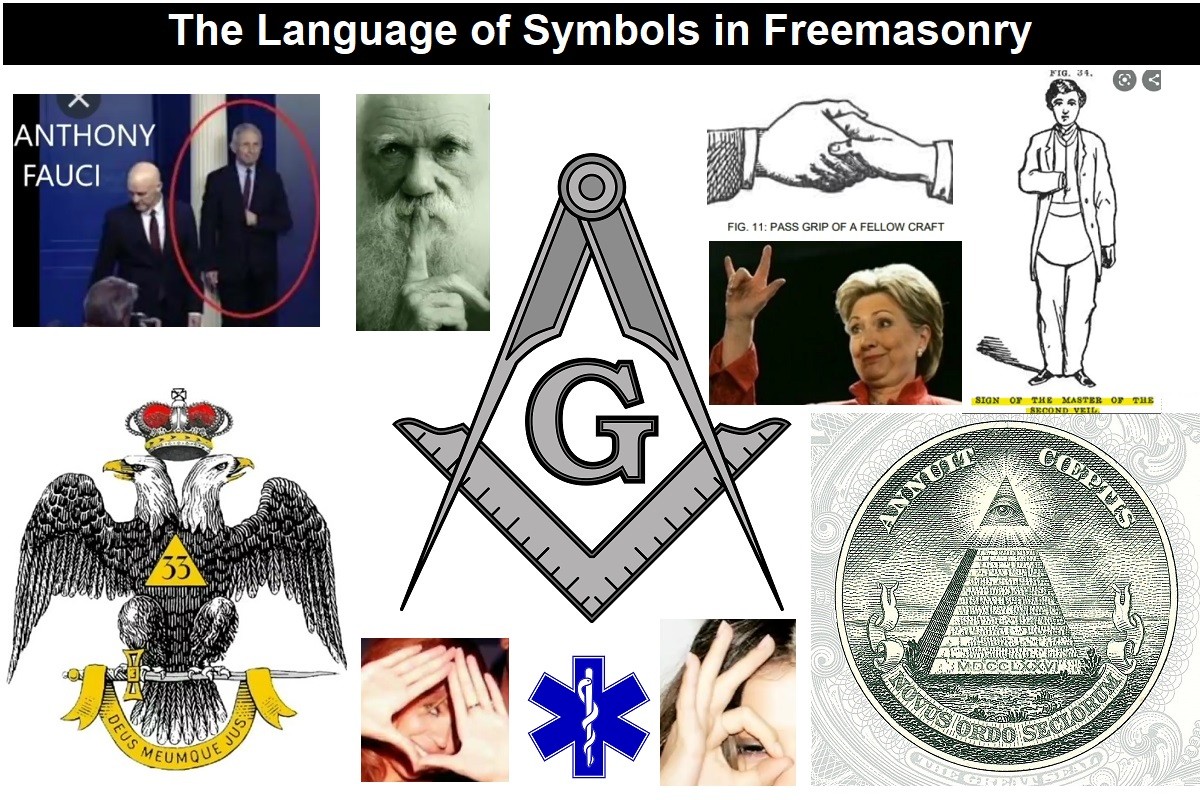
Identifying the Luciferian Globalists Implementing the New World Order – Who are the “Jews”?
The Brain Myth: Your Intellect and Thoughts Originate in Your Heart, Not Your Brain
Fact Check: “Christianity” and the Christian Religion is NOT Found in the Bible – The Person Jesus Christ Is
The Seal and Mark of God is Far More Important than the “Mark of the Beast” – Are You Prepared for What’s Coming?
The Satanic Roots to Modern Medicine – The Mark of the Beast?
Medicine: Idolatry in the Twenty First Century – 8-Year-Old Article More Relevant Today than the Day it was Written
Having problems receiving our emails? See:
How to Beat Internet Censorship and Create Your Own Newsfeed
We Are Now on Telegram. Video channels at Bitchute, and Odysee.
If our website is seized and shut down, find us on Telegram, as well as Bitchute and Odysee for further instructions about where to find us.
If you use the TOR Onion browser, here are the links and corresponding URLs to use in the TOR browser to find us on the Dark Web: Health Impact News, Vaccine Impact, Medical Kidnap, Created4Health, CoconutOil.com.
Source link




